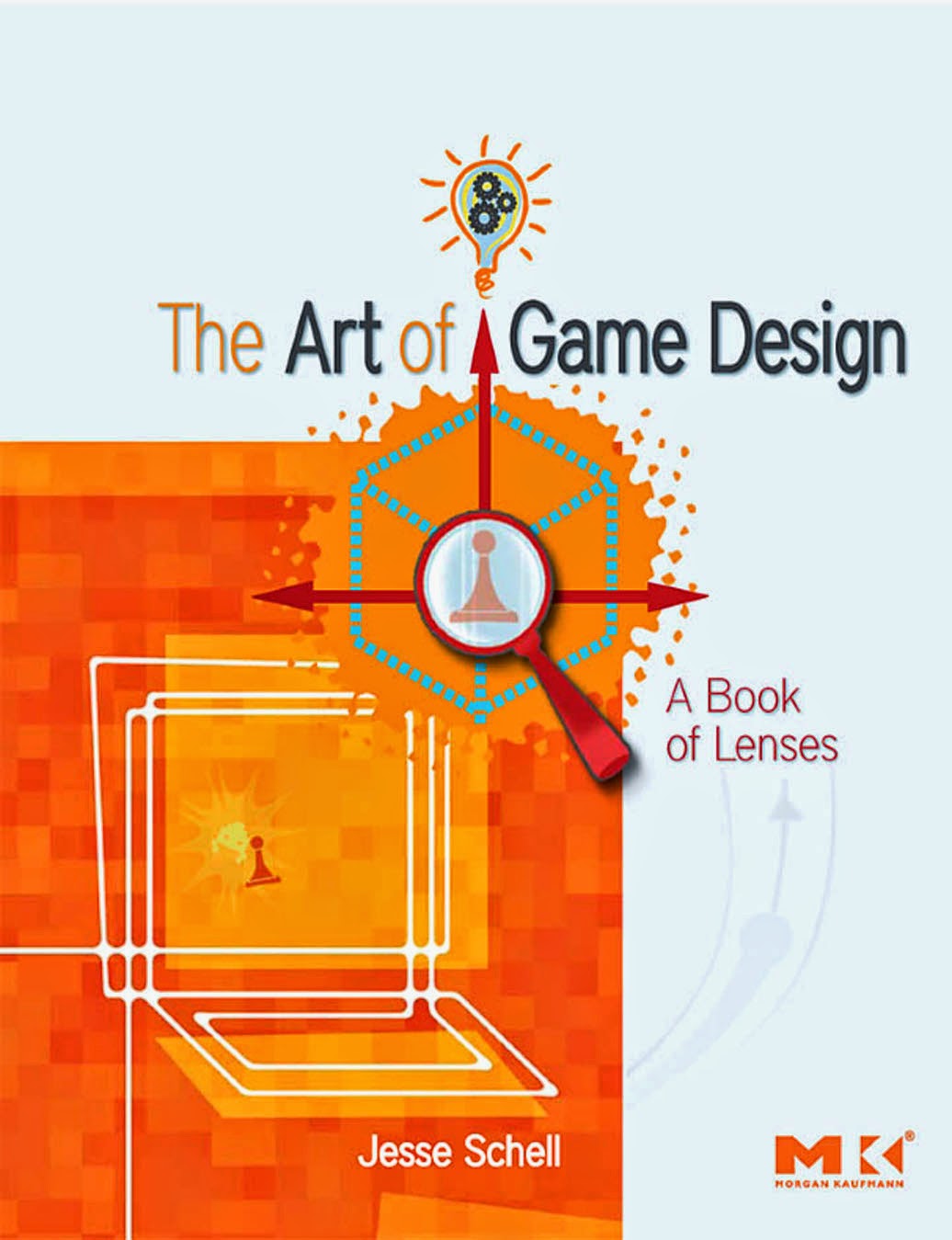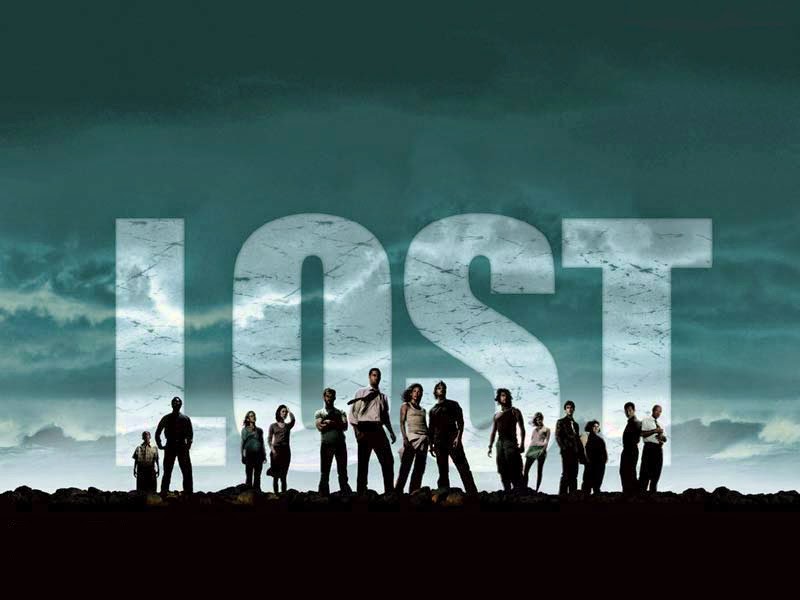What is the show Lost about? I have spent 121 hours of my life trying to answer that question and still haven't figured it out. Oh, before I go any further, if you plan on watching the show and haven't yet, stop reading now. There will be spoilers. With that said, as far as I can tell, the plot of Lost contained the struggles of good vs evil, science vs religion, the meaning of life, and how you can get a bunch of people killed by not knowing which man you are trying to win over *cough *cough, KATE! Seriously though, she is easily the most annoying character. But I digress.
The writers of Lost have a unique ability to take the smallest plot advancement and stretch it the entire length of an hour long episode. Even when the plot advances, the viewer is usually left with more questions than answers. I don't think answers started coming until season five of the six season show. At the end you are given the satisfaction of knowing that everyone is dead, but again that just turns into more questions. How long have they been dead? Did the island even exist or was it some kind of purgatory? Why didn't Ben Linus go with everyone else into the afterlife? Where was Michael? Does the tardiness of Ben and Michael mean they were going to a different afterlife then the rest of the characters (i.e. hell)? How can I feel sadness, confusion, anger, and hunger at the same time (oh yeah, it's because I skipped a meal while marathon watching the last 3 episodes in hopes of finally getting some answers).
If someone were to ask me, "should I watch Lost?" I would probably give them the same answer I would to someone who wants to try a cigarette, "It's addicting, bad for you, and just ends in death. Don't do it." Alright, I'm being a little dramatic here. Lost is certainly an interesting show worthy of study for years to come. I'm just glad I had the freedom to watch the show at my leisure and not have to wait each week for the next episode to air (thank you Netflix). To live in anticipation and confusion for six years would have been agony, especially since the last episode was no more resolute than the first (depending on how you look at it).
At first I thought the title of the show described the condition of the characters in it, now I realize instead it is the feeling the viewer has throughout the entire run. JJ Abrams, you did well in getting people hooked, like junkies to heroine. Now I just need to figure out what to do with all this free time and feeling of confusion after going cold turkey.



